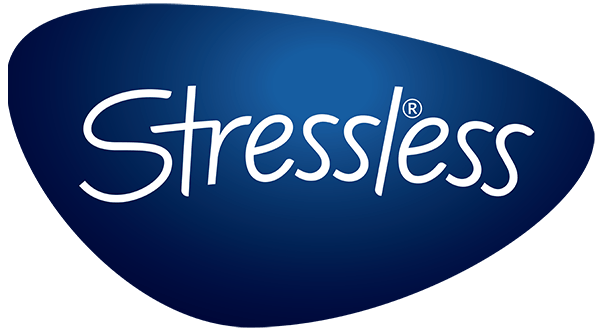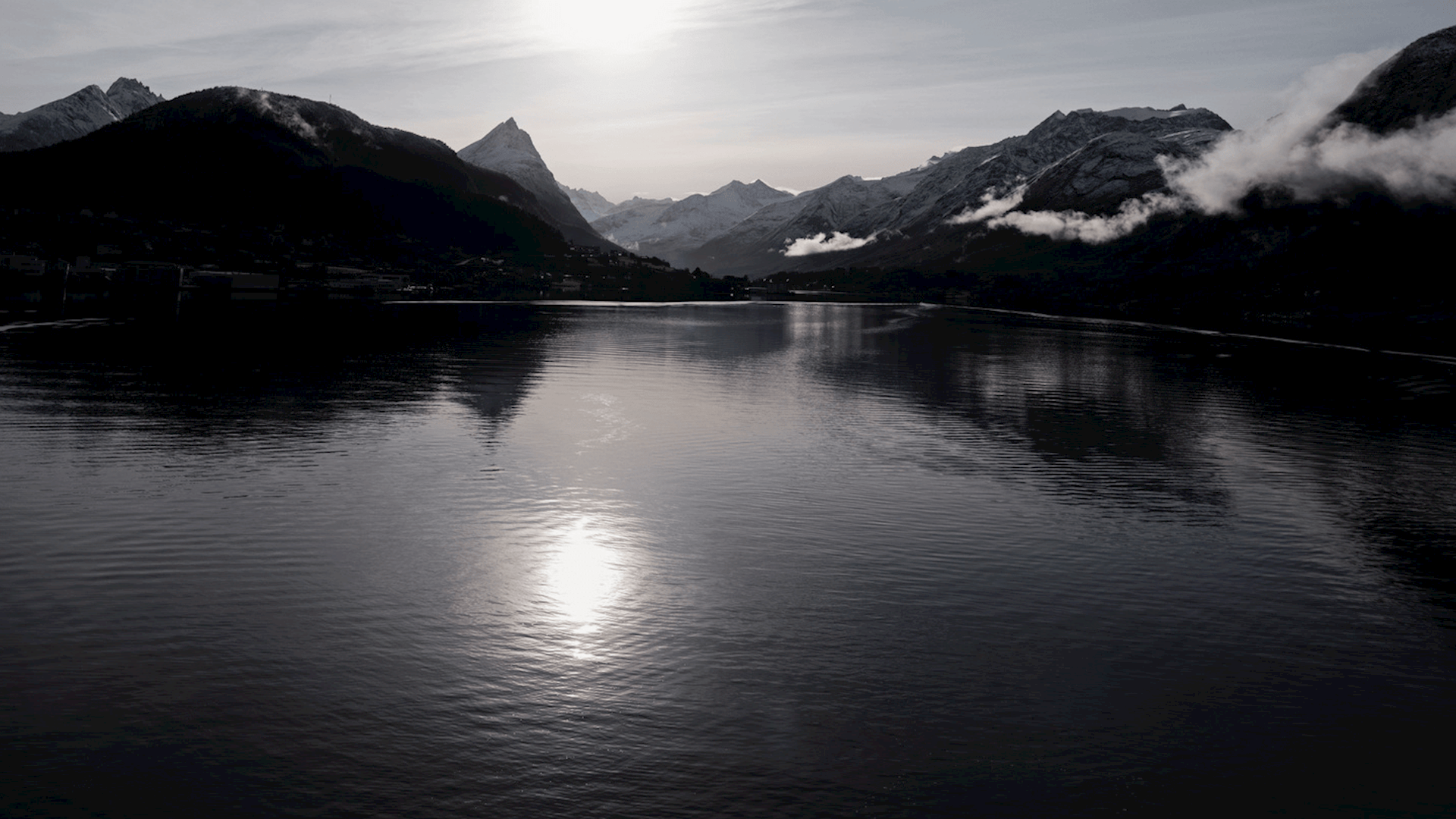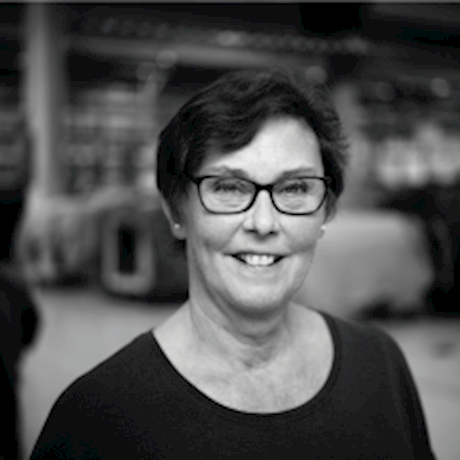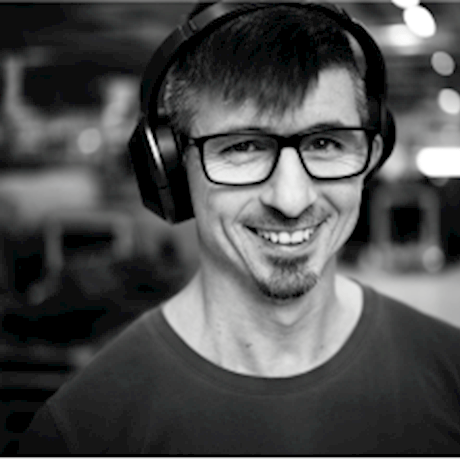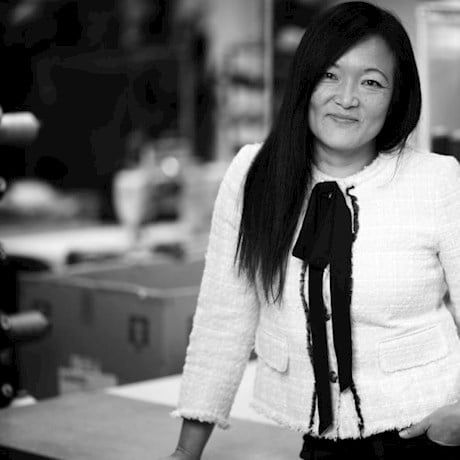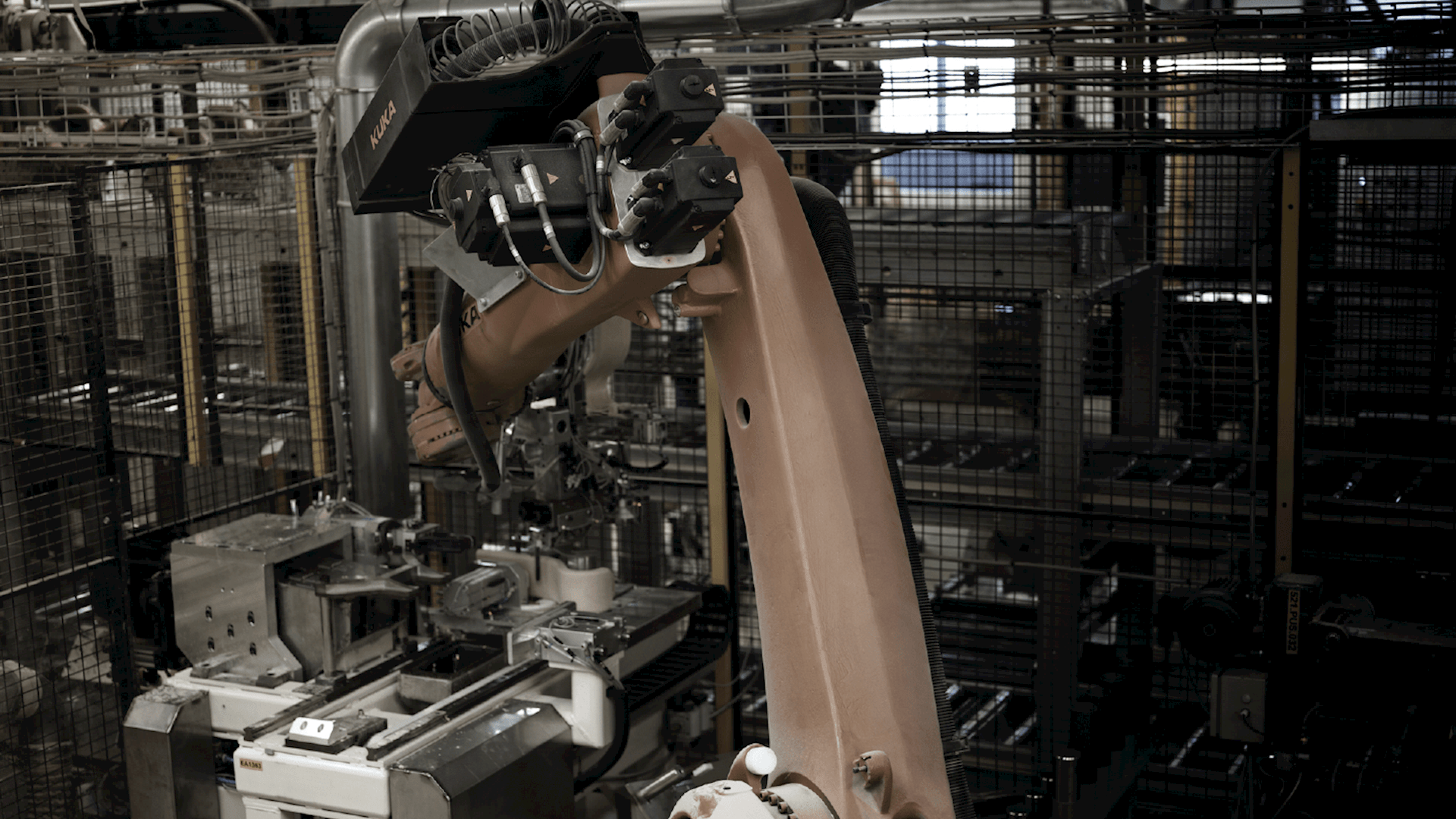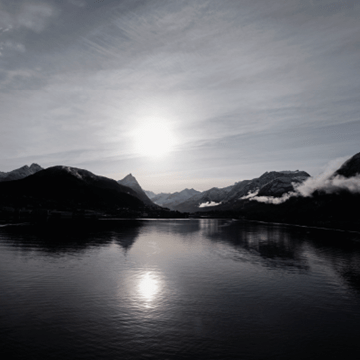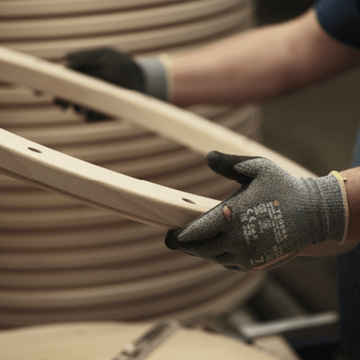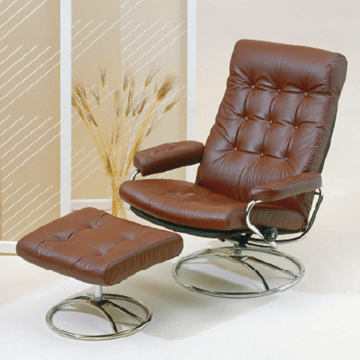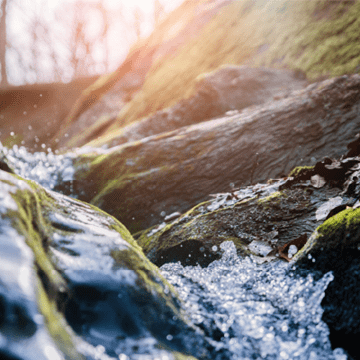Born of nature
The legendary Stressless® recliner was born on the west coast of Norway, in the small community of Sykkylven, where our main factory still lies. Jens Ekornes founded the company in 1934, after which an unbroken lineage of proud craftsmen have produced some of the world’s finest furniture. In a place where resources were scarce, everything had to be built to last. That philosophy still resides within the factory walls.
Over 50 years of forward thinking
In 1934, Jens Ellingsen Ekornes (pictured) founded a furniture company. Soon thereafter, the J. E. Ekornes Fjærfabrikk (Spring Factory) – which had just three employees and used machines made in Germany – found its first customers and began successfully selling springs for furniture and mattresses throughout Norway.
Learn more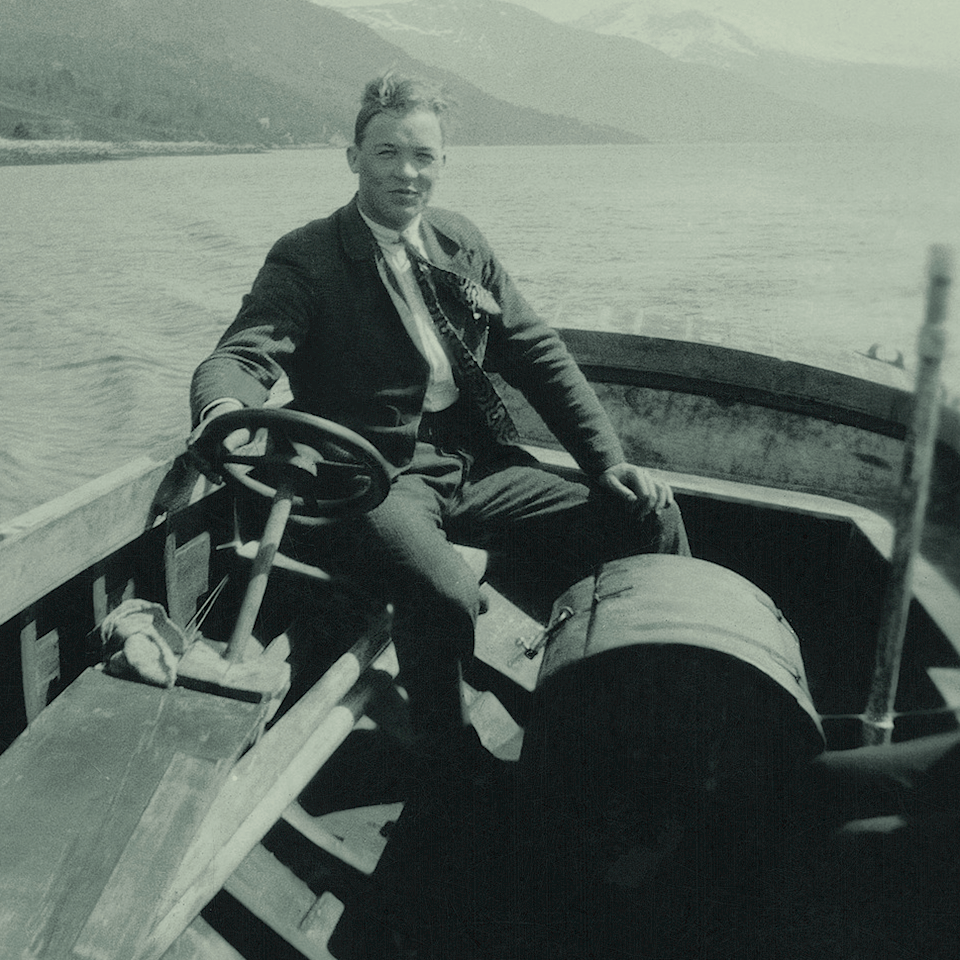
When the Stressless® Original was launched in 1971, it was an unprecedented success. Today, a Stressless® recliner, sofa or dining chair is still assembled by hand, with the aid of the most sophisticated technology available in furniture manufacturing. As new designs continue to be born here in the fjord landscape, our main goal remains unchanged: The most comfortable seating experience ever.
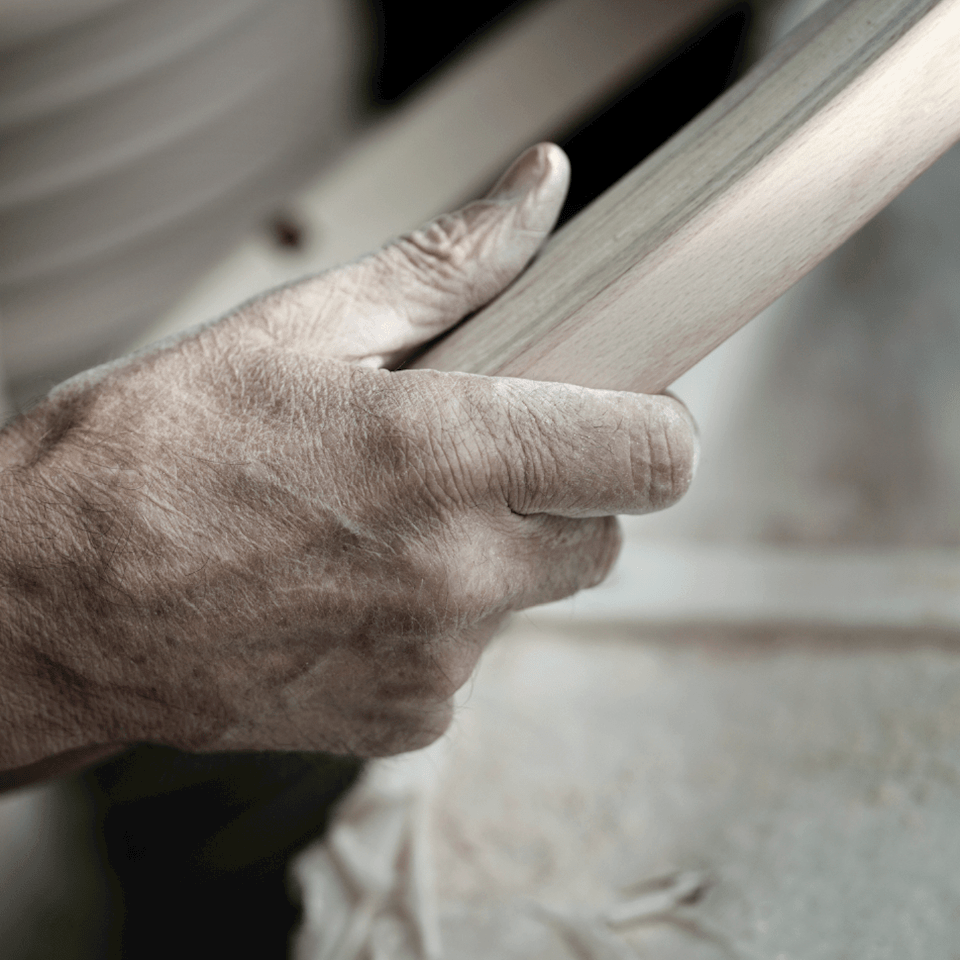
Quality and care
The caring nature of our employees is based on generations of knowledge about furniture and on a culture which, for five decades, has been carried by solid principles for the design and processing of materials.
Learn moreExperience Nordic comfort
Norwegian design is defined by the same sense of functionality and quality materials as the broader Nordic design tradition, but along the fjords, our aesthetic sensibility is strongly influenced by the magnificence of nature. This provides more than a touch of poetry and freedom. However, it still requires hard work to turn what nature provides into excellent products.
Experience more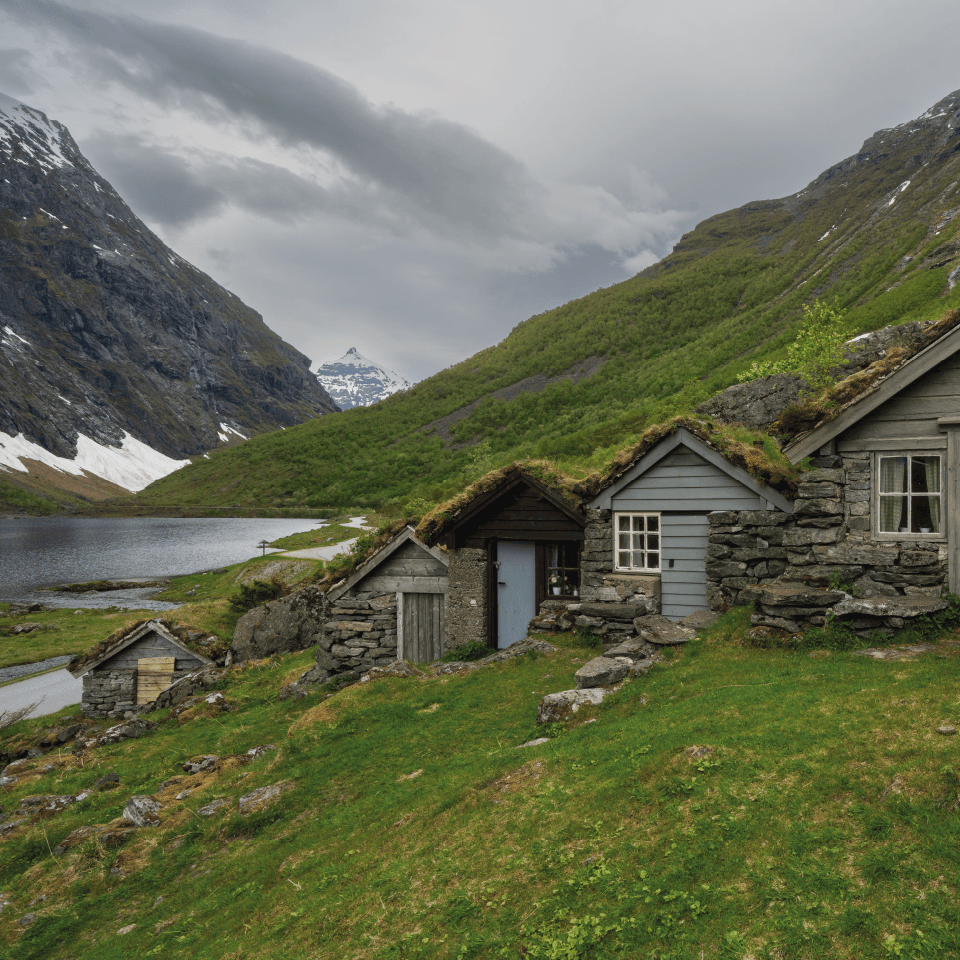
Nordic heritage
Stressless® origins and surroundings are the foundation for design and innovation. The brand is committed to sustainability, simplicity and a democratic outlook on life. This provides a legacy that Stressless® symbolises across borders and markets.
